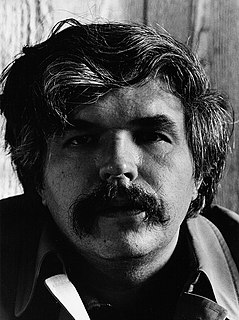A Quote by Henry Miller
I had a microscopic eye for the blemish, for the grain of ugliness which to me constituted the sole beauty of the object.
Related Quotes
The experience of beauty is in the eye of the beholder, as they say. The artist's relation to the object of beauty, how the art makes that happen, is a whole other subject. Beauty is an event. Beauty is something that happens. There is no such thing as a beautiful object or a beautiful woman. These things do not come near it - the experience of beauty, the event of beauty. The anxiety about it is what makes it such a central concern of culture and makes us so interested in it.
Beauty is, in some way, boring. Even if its concept changes through the ages... a beautiful object must always follow certain rules. A beautiful nose shouldn't be longer than that or shorter than that, on the contrary, an ugly nose can be as long as the one of Pinocchio, or as big as the trunk of an elephant, or like the beak of an eagle, and so ugliness is unpredictable, and offers an infinite range of possibility. Beauty is finite, ugliness is infinite like God.
As we speak of poetical beauty, so ought we to speak of mathematical beauty and medical beauty. But we do not do so; and that reason is that we know well what is the object of mathematics, and that it consists in proofs, and what is the object of medicine, and that it consists in healing. But we do not know in what grace consists, which is the object of poetry.
The great crime which the moneyed classes and promoters of industry committed in the palmy Victorian days was the condemning of the workers to ugliness, ugliness, ugliness: meanness and formless and ugly surroundings, ugly ideals, ugly religion, ugly hope, ugly love, ugly clothes, ugly furniture, ugly houses, ugly relationship between workers and employers. The human soul needs actual beauty more than bread.
The 4th sort of creatures... which moved through the 3 former sorts, were incredibly small, and so small in my eye that I judged, that if 100 of them lay [stretched out] one by another, they would not equal the length of a grain of course Sand; and according to this estimate, ten hundred thousand of them could not equal the dimensions of a grain of such course Sand. There was discover'd by me a fifth sort, which had near the thickness of the former, but they were almost twice as long.
The first time bacteria were observed.






































